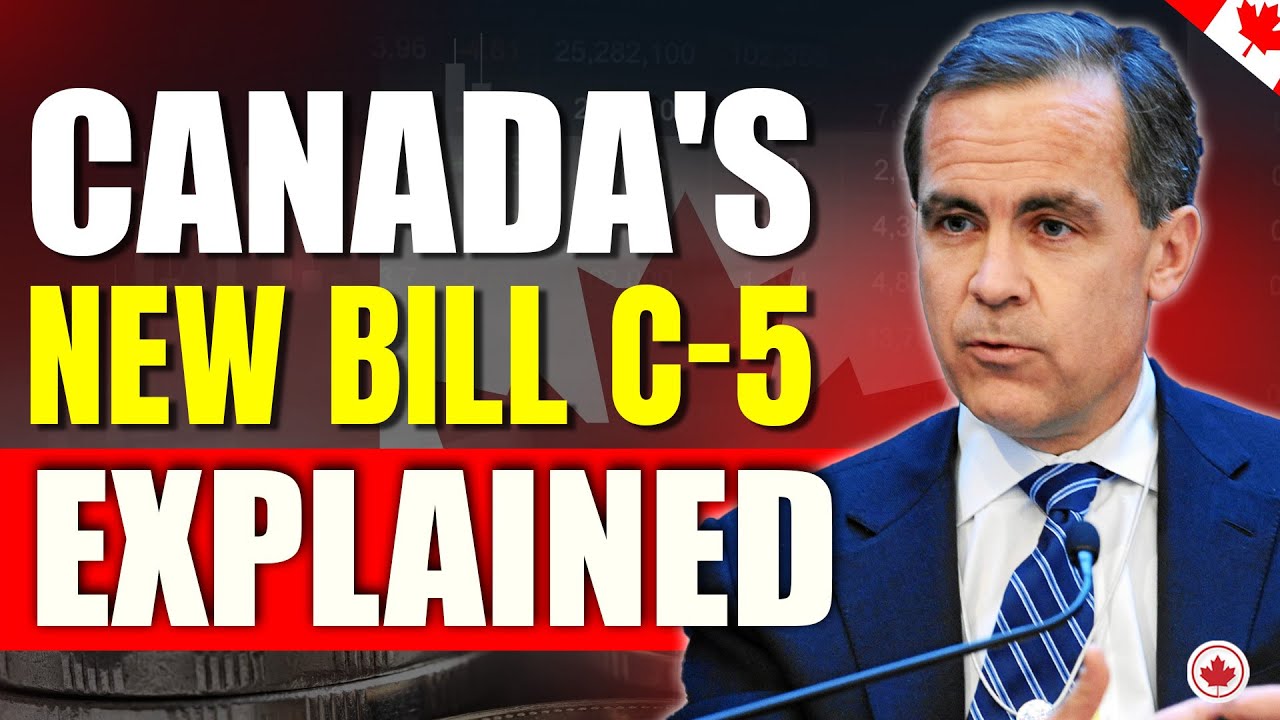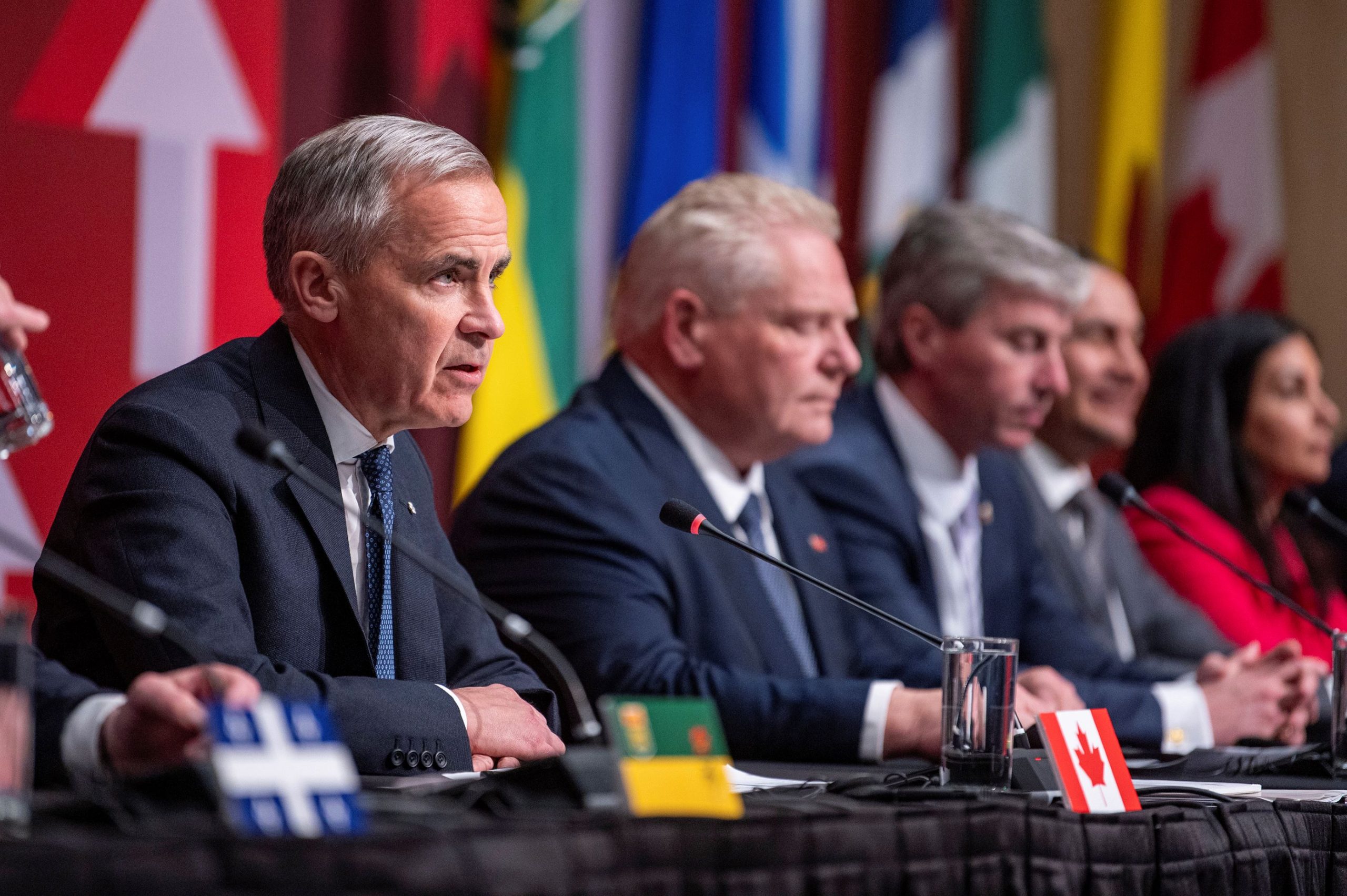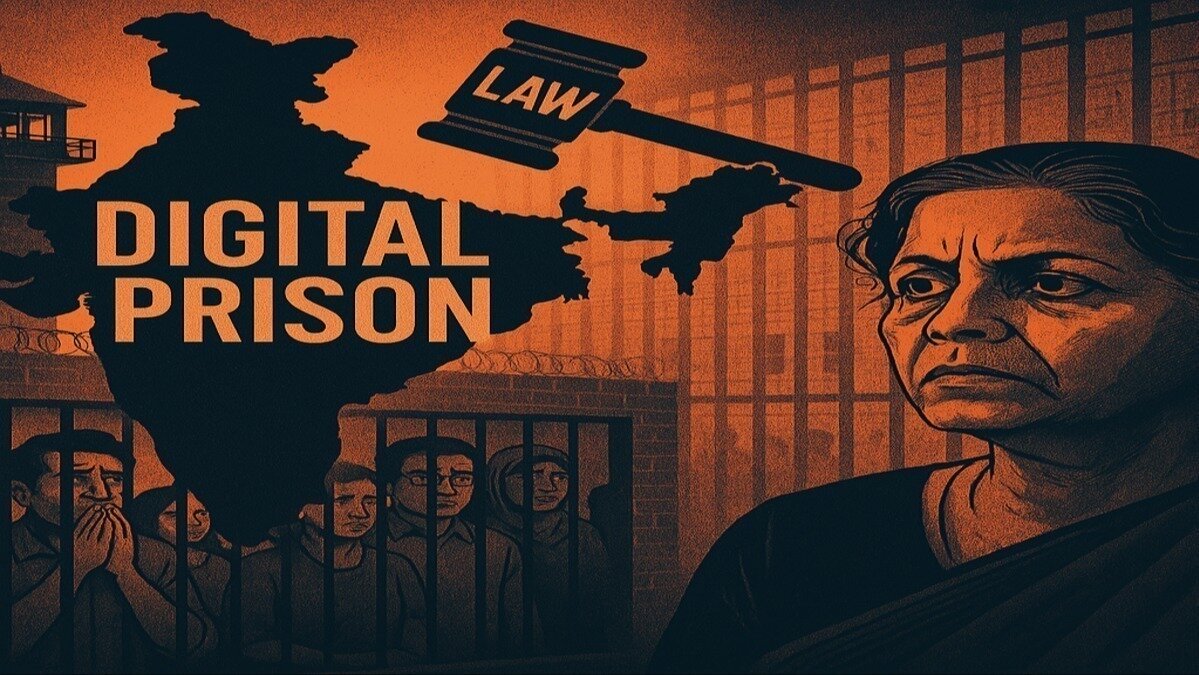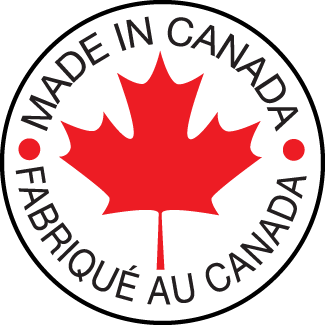What if I told you that Canada is quietly building the foundation for one of the biggest power grabs in modern history? It’s buried inside Bill C-5, a proposal that would merge all 13 provincial and territorial economies into a single centralized system.
The sales pitch is polished: “build Canada strong.” But behind the curtain, critics say it’s nothing more than a plan to bleed billions in taxpayer dollars while building nothing of substance.
Instead, Bill C-5 could funnel wealth and influence directly into the hands of a kleptocratic elite, tightening Ottawa’s grip while stripping provinces of the autonomy that keeps the federation balanced.
Billions Burned, Nothing Built
The fine print paints a grim picture. Bill C-5 doesn’t promise roads, infrastructure, or relief for struggling households. What it guarantees is massive government spending—the kind of blank-cheque bureaucracy that enriches insiders while ordinary Canadians are left holding the bill.
In plain English: we pay more, they take more, and the “stronger Canada” they’re selling remains a mirage.
Centralization on Steroids
For decades, Ottawa has tiptoed around provincial rights, pretending to respect regional control. Bill C-5 shatters that façade. If passed, it effectively erases the economic independence of provinces, turning them into little more than outposts of federal authority.
And once power is centralized, history tells us it rarely gets handed back.
Who Really Wins?
Follow the money. The only beneficiaries of this scheme are the same entrenched elites who already profit from bloated government programs, sweetheart contracts, and insider politics.
It’s not about building Canada—it’s about building a fortress of control, where the voices of provinces and everyday citizens get drowned out in the roar of federal power.
The Bottom Line
Bill C-5 isn’t nation-building. It’s a slow-motion economic coup, one that risks turning Canada into a hollow shell where money is burned, democracy is weakened, and power is hoarded at the very top.
The question Canadians need to ask now is simple: are we sleepwalking into a centralized system where Ottawa owns it all—and we own nothing?










